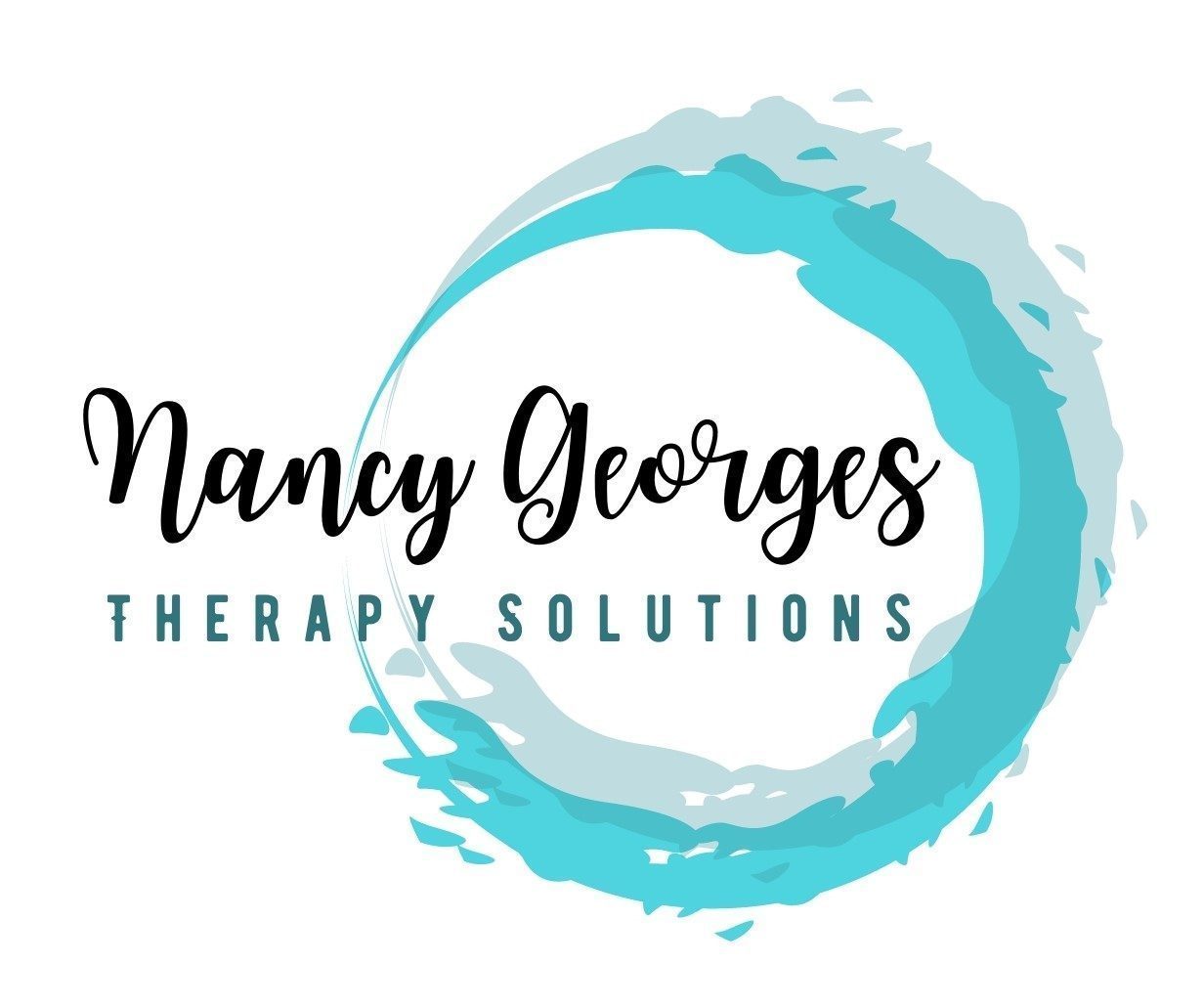Therapy isn’t for everyone. But who exactly is it for? And who is it not for? One misconception many people have is that therapy is only for people with a mental illness. It is true that therapy is very helpful for issues such as PTSD, depression, anxiety, OCD, and other mental challenges. However, it is not true that therapy is reserved exclusively for those with a mental disorder.
One way you know if therapy is right for you, is that you are asking the question. If you are asking if therapy is right for you, chances are you are a good candidate for therapy. Your course of action now becomes getting an idea of the main challenges you want to work on, considering your goals, reviewing your insurance and budget, and finding a therapist that feels like a good fit for you. I will break these four goals down further for you, so you can be sure you get the best fit therapist to meet your needs.
Your Therapy To Do List:
- What is your current challenge? As best you can articulate what is really getting in the way of you living your life in the way that you desire? What emotions are coming up for you? How do you experience your issue/s?
- What are you goals with therapy? This question is a bit harder to answer when we are feeling stuck. Do the best you can to really think of what would make your life better. If you and I were working together, and we were perfectly successful, what would we have worked on that will let you know your life has improved? This is a great question to ask yourself, because it really lays out our plan of action together, as well as your evidence of success.
- What type of therapist do you think would be a good fit for you? This question is a bit more difficult to answer if you have never attended therapy. But if you have attended therapy, what did you like about your past therapist? What worked for you? What didn’t work for you? Is it important that your therapist share similar values, beliefs or cultural background? Once you get an idea of some of the characteristics you would like in a therapist, then it is time to have phone consultations with a variety of therapists. Most therapists offer a complimentary phone consultation where you can ask questions and get a sense if this person would be a good fit to work with.
- What is your budget for therapy? Do you have insurance? If so what insurance is it? Does it have a co-pay? If so, what is it? Get a list from your insurance provider of the different therapists in your area that take your insurance. Budgeting for therapy is an important part of the process. If you do not have insurance, or you found a therapist you would like to work with that is out of your network but feels like an amazing fit for you, what is their rate? You will want to calculate your budget accordingly. Is their rate something you can reasonably afford on a weekly basis? Many people overlook this step, because they feel in crisis. But don’t skip this step. Make sure to get all the information you need to make an informed decision about your mental health plan.
Once you have completed the aforementioned To Do List, you are officially well prepared to set up consultation calls with a variety of therapists that you think would be a good fit for you.
I hope you have found this article helpful. If you would like to explore the next steps in your mental health program, feel free to schedule a complimentary consultation with me to see if we are a good fit to work together.
HERE: Request For Therapy Services Form
Or Fill out the Therapy To Do List to get a better idea of the best fit for you. See below for PDF download.

